Police clash with protesters in Ecuador, dozens arrested
Protesters have taken to the streets in cities across Ecuador to show their opposition to the new economic policies pursued by President Guillermo Lasso.
On Tuesday, protesters rallied across the country, blocking roads and clashing with police.
Police used tear gas against the protesters marching in the capital city of Quito. The protesters blocked the roads that connected Quito to the country's north.
Protesters also marched in Guayaquil and Cuenca.
Other roads in various provinces were also blocked.
The protesters are opposed to the government's planned increase of fuel prices. Unions, student associations, and other groups organizing the rallies demand that fuel prices remain fixed at lower rates, and exemptions be given to the sectors hit hardest by COVID-19.
"We don't agree that the [burden from the] measures implemented because of the crisis should fall on workers and the middle class," Victor Sanchez, 55, said as he marched in central Quito.
Defense Minister Luis Hernandez told reporters that five police officers had been injured in the clashes, and two members of the armed forces were being held hostage by a community in northern Quito but were unharmed. Thirty seven people were detained for blocking roads, Hernandez said.
The Ecuador Confederation of Indigenous Nations said a number of protesters had been injured in the clashes but did not give a figure.
Interior Minister Alexandra Vela said protest rallies had been peaceful except for a few incidents in the afternoon and said the government was open to dialog with protest leaders.
The protests came days after Lasso, a banker-turned-president, who took office in May, raised gasoline prices.
Last week, he shelved his planned incremental rises in gasoline prices, which had aimed to gradually align the domestic cost of fuel with international rates, following widespread opposition by indigenous people and other groups. The conservative president then decided to raise the price of gasoline extra, a higher octane gasoline that is Ecuador's most-used fuel, to a fixed $2.55 a gallon, and diesel-fuel to $1.90 a gallon.
Earlier this month, Lasso declared a state of emergency, saying the military and police would take to the streets to provide security against drug-trafficking criminal gangs. "There is only one enemy: drug trafficking," he said in a public address on October 18.
VIDEO | Press TV's news headlines
VIDEO | Trump says navy near Iran because they ‘have to float someplace’
Trump tells India to buy Venezuelan oil instead of Iranian crude
UAE 'spy sheikh' invested in Trump-linked firm before his inauguration: Report
From Iraq war crimes to Gaza’s ‘board of peace’: Why Tony Blair belongs in The Hague
Iran considers European armies as terrorist groups: Parliament speaker
VIDEO | Arrests at Palestine demonstration in Frankfurt
Trump ‘disappeared’ 12-year-old girl, threatened to disappear another: Report


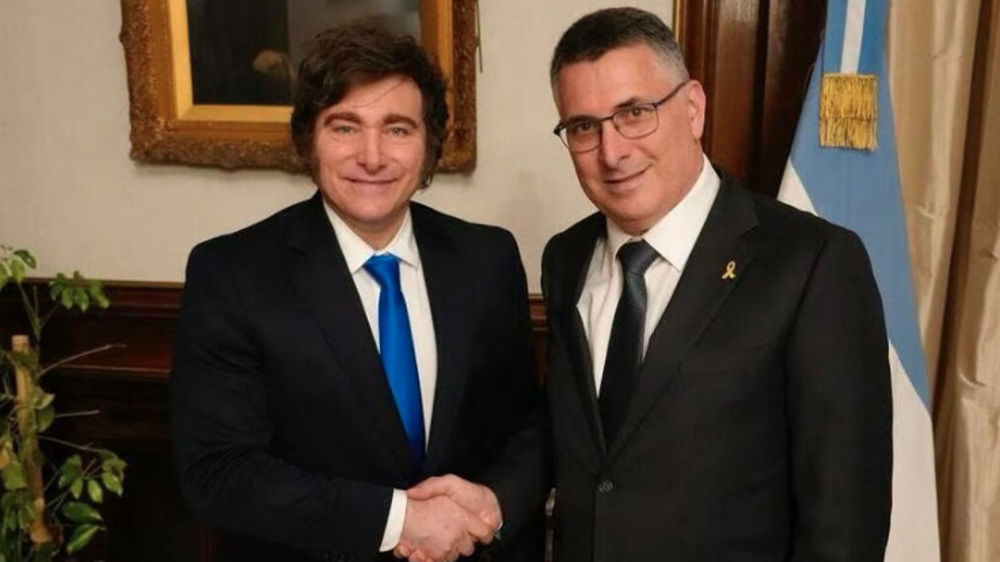
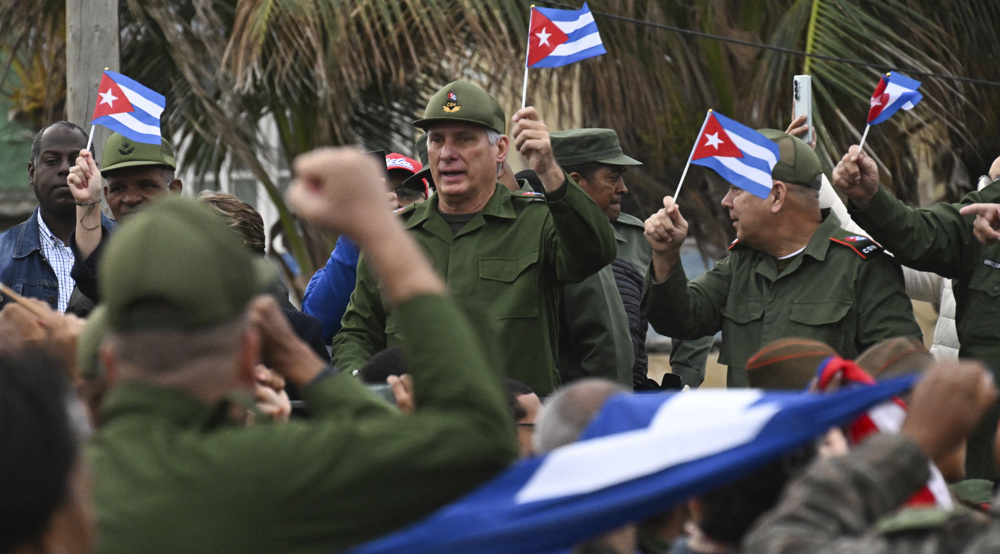
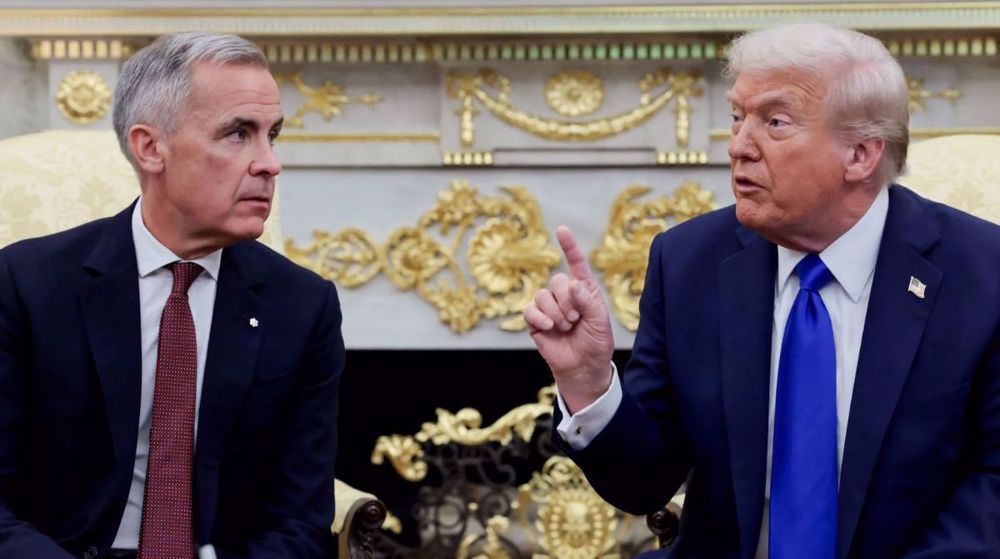



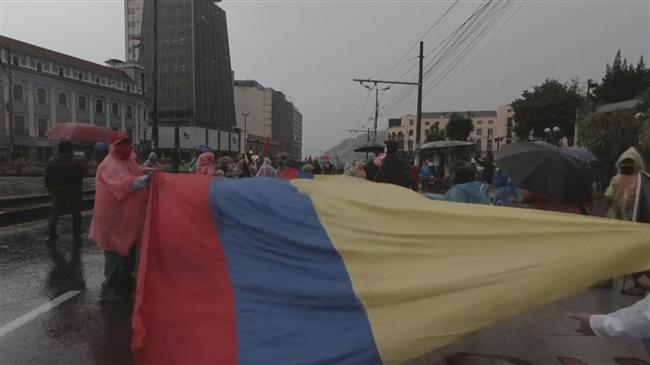
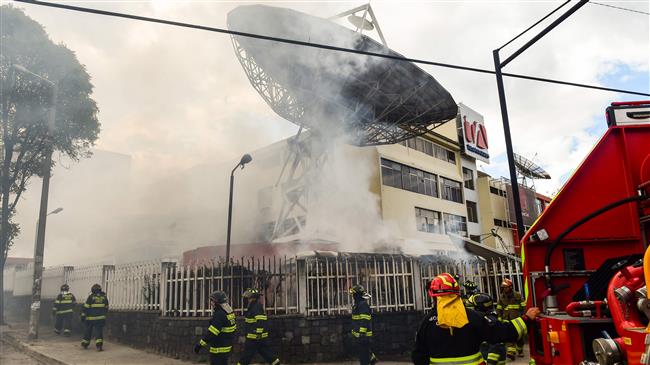

 This makes it easy to access the Press TV website
This makes it easy to access the Press TV website